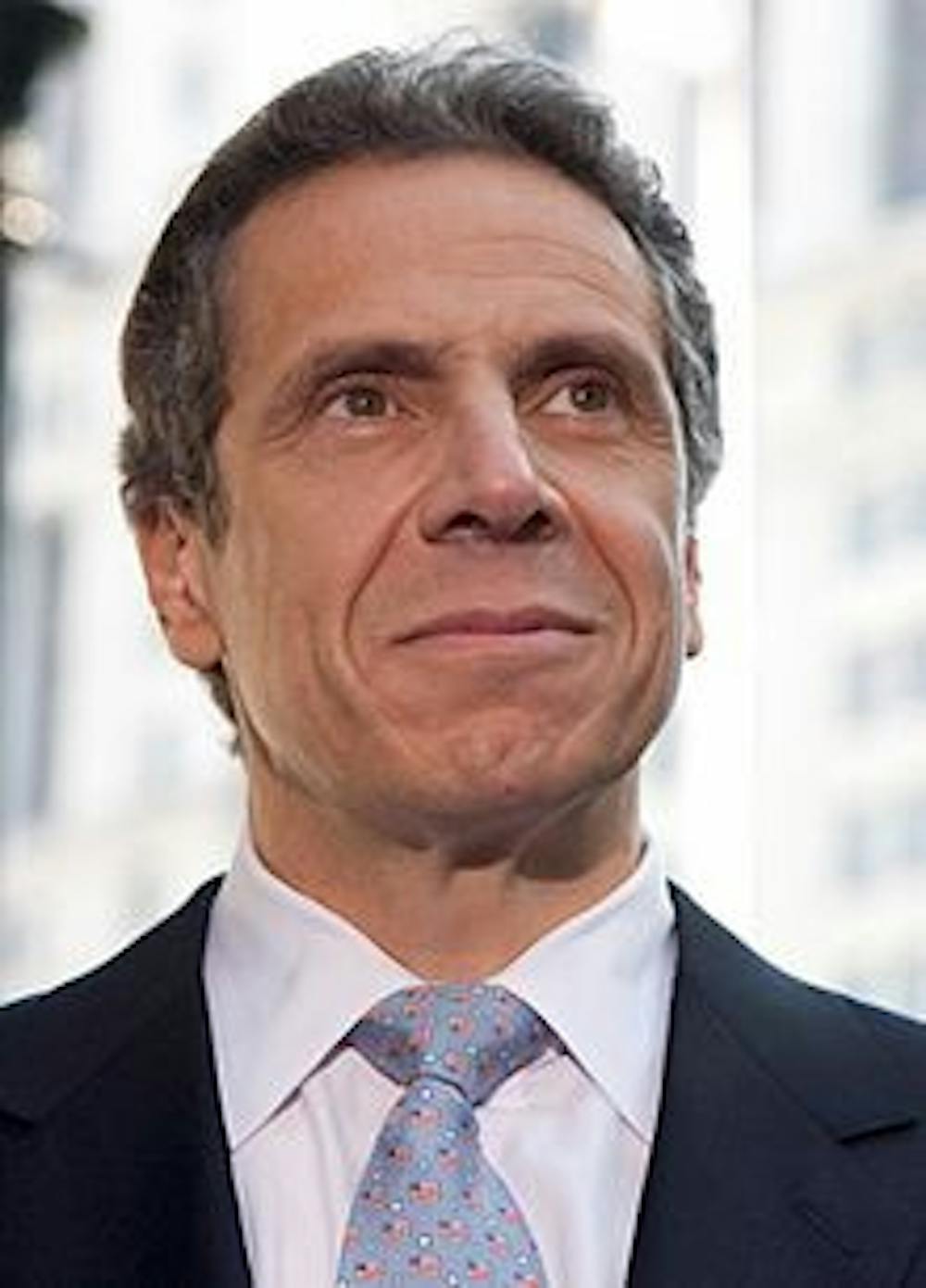As the popular adage goes, “there’s no such thing as a free lunch,” indicating that while individuals or institutions may brand an offer as free, there is typically some payment in one form or another that makes it less appealing and less free. Unfortunately, almost regardless of where you go, this dogma holds true — perhaps a cell phone service will you give you a trinket if you sign up for a plan or a restaurant will give you an appetizer if you buy two entrees. Falling in line with the “nothing is free” rule, New York Gov. Andrew Cuomo (D) recently signed a piece of legislation into law which, under specific circumstances, grants select students free tuition to attain their bachelor’s degree. Called the Excelsior Scholarship, students who attend the State or City Universities of New York and whose parents make under $100,000 now (and $125,000 in 2019) will fall within the confines of acceptance for the bill. While touted as a progressive, necessary step forward, Cuomo and the State Senate hastily put this bill into law without assessing the extent of the bill’s ultimate efficacy nor the ramifications of the bill on the United States as a whole.
The idea of free tuition for college was first popularized by Sen. Bernie Sanders (D-Vt.), after which it permeated into former U.S. Secretary of State Hillary Clinton’s camp and finally to the administration of Cuomo. The idea itself is a worthwhile endeavor and I applaud Sanders, Clinton and Cuomo since the theoretical exercise of implementation is one with minimal flaws; however, the practical implementation, or at least the silhouette of the one proposed in Cuomo’s bill, suffers from short-sightedness.
Firstly, the bill only addresses those individuals who make under $100,000, an oddly arbitrary annual salary that certainly warrants either investigation or justification to gain traction as a legitimate number. Indeed, no tax bracket, whether analyzed in the context of head of household, joint filing, or single, has a threshold of $100,000. Additionally, the bill does not account for the quantity of children that are entering college — a family with one child making $100,000 is in a significantly different financial situation than one with four children. Ultimately, the question must be raised as to whether this bill will be effective in its ability to actually execute its intended purpose of minimizing financial barriers to college for families in New York.
Perhaps more significant than the aforementioned flaws, which were the result of indolence, is the true testimony why nothing in this world is “free.” Indeed, the quick and not so innocuous addendum to the bill Cuomo was forced to include after Republicans cajoled him is to ensure that, if a student accepts the free tuition, they must remain in the state for at least four years. I can understand the impulse to add such a provision since it will either significantly disrupt the cadence of an individual’s academic journey or preclude them from seeking opportunities that they might be better suited towards. Sure, New York City is crawling with opportunities, but job offers, graduate schooling and post-college pursuits are not easily found in the Big Apple.
To be fair, remaining in the state that provided you tuition in the first place is not a subjectively erroneous provision alone. Rather, it is flawed because New York is the only state instituting such a program. If a majority of the states were instituting some sort of free-tuition program, there would be no issue. In theoretical exercise, if a student who gained free tuition in Georgia moved to California to work, but a Californian student who gained free tuition in California moved to Georgia, all would be well, given reasonably equivalent qualities of education. Unfortunately, all states were not created equal in the context of education and job opportunity, thus representing a significant hindrance to making free-tuition ubiquitous.
To resolve some of the issues associated with the bill, it is imperative for the legislation itself and the proponents to maintain a steady stream of communication with the public. For example, it is important to explicitly justify the use of the $100,000 threshold now and $125,000 in 2019. Similarly, while the impulse to mandate working for four years is fair, perhaps there is an additional conduit through which such students can repay the state in which they received free tuition. Perhaps students who gain free tuition can opt to pay back their tuition if they do not want to work in the state for a nominal quantity of years.
In any case, while I would not venture to say Cuomo’s legislation is a huge leap forward, it is perhaps a modest step — there still remains a long road to making free tuition a reality for students.
Sean Sequeira is an Opinion columnist for The Cavalier Daily. He may be reached at opinion@cavalierdaily.com.







